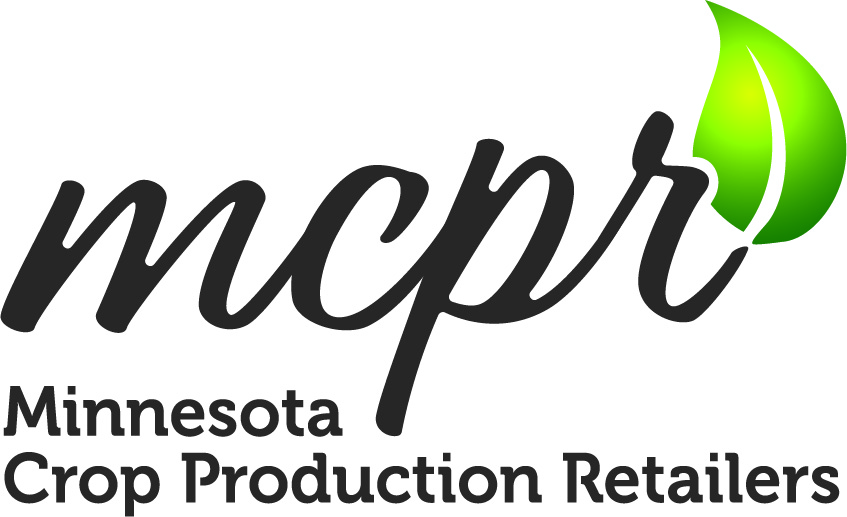Vasu Sharma
About Vasu:
Dr. Vasudha Sharma is an Assistant Professor and Extension Specialist in the Department of Soil, Water, and Climate at the University of Minnesota. Her research and outreach programs focus on advancing precision irrigation and nitrogen management to enhance water and nutrient use efficiency while protecting water quality in Minnesota’s irrigated systems. She leads several multi-institutional projects funded by USDA, MDA, and MCRPC, and has authored numerous publications on precision irrigation, irrigation management, and water resource sustainability.
About Vasu's Presentation:
Advancing irrigation and nitrogen management in Minnesota: Insights from field data and emerging precision irrigation technologies
Thursday, December 4
8-8:50 a.m. in Marquette IV-VII
10:30-11:20 a.m. in Marquette II,III,VI,IX
Groundwater nitrate contamination and declining water resources remain key challenges for irrigated agriculture across Minnesota’s sandy soils. This presentation synthesizes findings from a five-year field study conducted at the Becker and Rosholt Research and Demonstration Farms to evaluate how different irrigation rates (rainfed to full irrigation) and six nitrogen levels (0–392 kg N ha⁻¹) influence crop yield, nitrogen uptake, leaching losses, evapotranspiration, and overall input efficiency. Results show that moderate irrigation (50–75% of full crop water demand) optimized both yield and nitrogen use efficiency while significantly reducing nitrate leaching risk. The interaction between seasonal rainfall, irrigation strategy, and nitrogen rate strongly influenced nitrate movement below the root zone, highlighting the importance of adaptive water–nutrient management.
The presentation will also introduce advancements in precision irrigation technologies, including variable rate irrigation (VRI) and real-time monitoring systems that integrate soil moisture, weather, and crop models to improve spatial water management. Collectively, these insights demonstrate how data-driven irrigation and nitrogen strategies can sustain high yields while improving water quality and resource resilience in the Upper Midwest.
